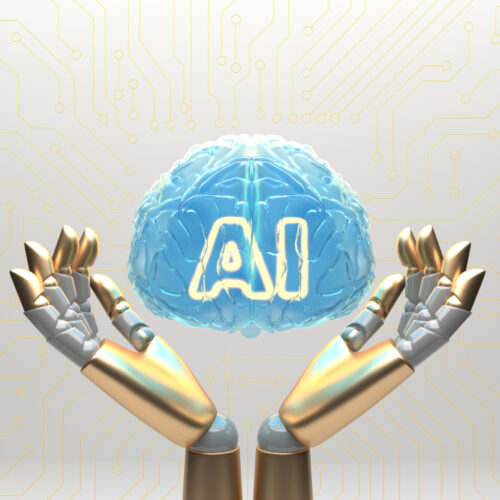
Introduction:
The staffing industry stands at the cusp of a technological revolution, propelled by the rapid advancements in artificial intelligence (AI) and automation. These innovations promise to redefine traditional staffing models, enhancing operational efficiencies, refining recruitment processes, and significantly improving service delivery. This exploration sheds light on the transformative power of AI and automation within staffing agencies, offering a roadmap for leveraging these technologies to foster competitive advantage and innovation.
Transformative Potential of AI and Automation:
AI and automation introduce a new era of efficiency and effectiveness in staffing. By taking over repetitive tasks, these technologies allow staffing professionals to focus on more strategic activities. AI-driven insights into market trends and candidate behaviors enable a more focused approach, ensuring that staffing efforts are both efficient and impactful.
Revolutionizing Candidate Sourcing and Screening:
The application of AI transforms the sourcing and screening process, making it possible to analyze vast amounts of data to identify candidates who best fit specific job criteria. This not only speeds up the talent acquisition process but also enhances the quality of candidate matches, facilitating a more effective recruitment strategy.
Streamlining Administrative Operations:
Automation is redefining administrative workflows within staffing agencies. Tasks such as scheduling, communications, and record maintenance are being automated, leading to significant time savings and operational efficiencies. This shift allows agencies to allocate more resources towards strategic planning and client engagement.

Key steps include identifying the right technological tools that fit the agency's specific needs, investing in staff training to maximize tool efficacy, and adopting a phased approach to ensure seamless integration into existing workflows.
Enhancing Candidate and Client Experiences:
The impact of AI and automation extends to improving experiences for both candidates and clients. Technologies like chatbots provide instant responses to inquiries, while automated systems ensure that candidates are matched with opportunities that align with their skills and career aspirations, elevating satisfaction levels across the board.
Challenges and Considerations:
While the benefits are compelling, the integration of AI and automation into staffing operations requires thoughtful consideration. Agencies must navigate the complexities of technology integration, uphold data privacy standards, and manage the cultural shift within their organization towards a more tech-driven approach.
Strategies for Successful Implementation:
For staffing agencies eager to embrace these technologies, success hinges on strategic implementation. Key steps include identifying the right technological tools that fit the agency’s specific needs, investing in staff training to maximize tool efficacy, and adopting a phased approach to ensure seamless integration into existing workflows.
Conclusion
The fusion of AI, automation, and staffing opens up a new frontier of possibilities for agencies willing to adapt and innovate. These technologies not only promise operational improvements and efficiency gains but also position agencies to better meet the evolving demands of the market. By strategically incorporating AI and automation, staffing firms can unlock new levels of success, enhancing their value proposition in a competitive landscape. While challenges remain, the path forward is clear: embracing technology is not just about keeping pace with change; it’s about setting the stage for future growth and leadership in the staffing industry.
Q&A: Corner
Begin by evaluating existing processes to identify areas where AI can have the most significant impact, such as candidate sourcing and engagement, and then pilot AI tools tailored to these needs.
Automation brings heightened efficiency to administrative tasks, improves the accuracy of operations, and frees up agency resources for more value-driven work.
Key hurdles include ensuring data security, overcoming the initial learning curve associated with new technologies, and balancing tech-driven processes with the indispensable human element of staffing.
AI will augment the staffing professional’s role by automating routine tasks and providing data-driven insights, thus enhancing their ability to make strategic decisions and focus on building relationships with clients and candidates.






